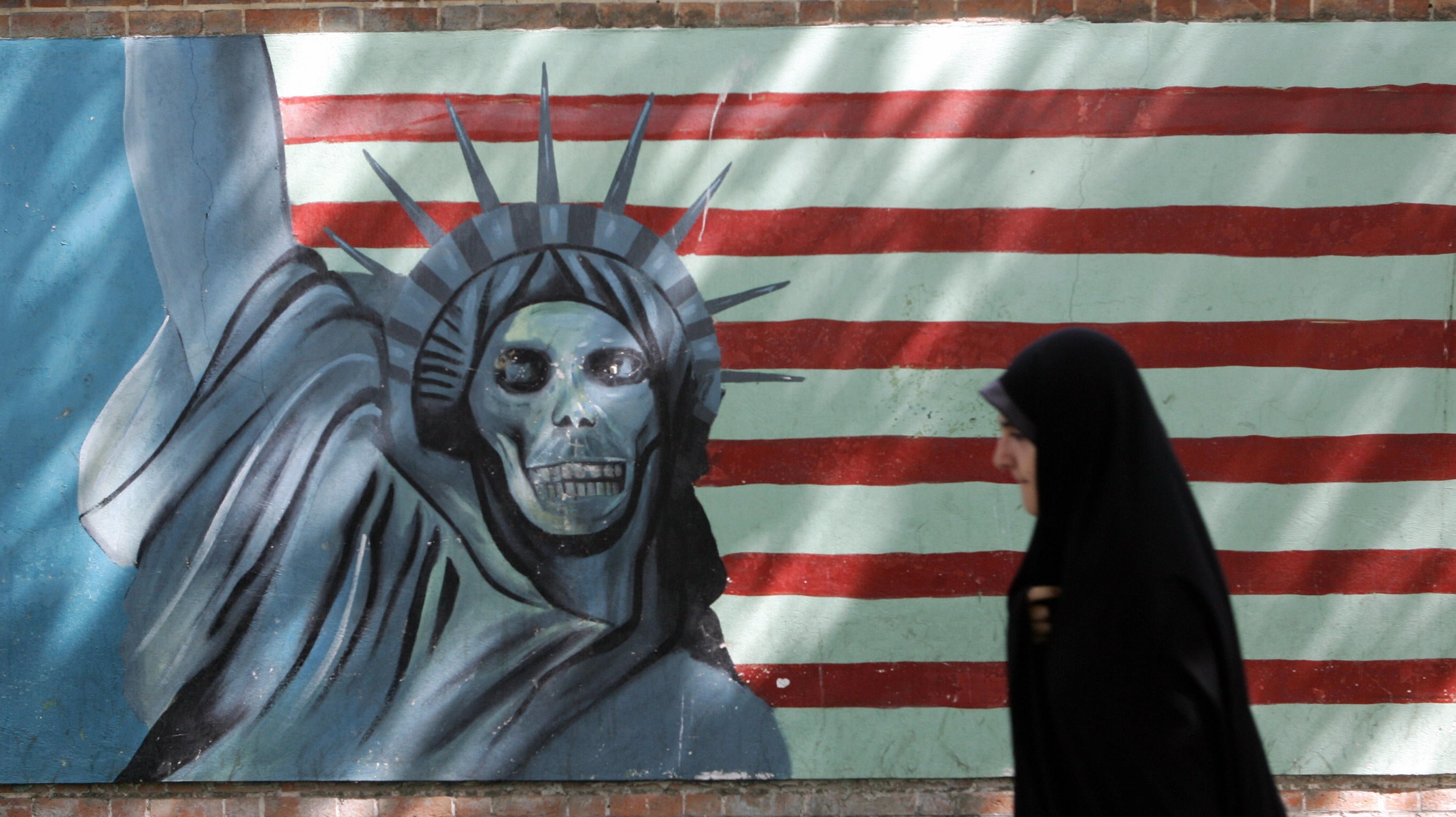Exclusive: Three former dissidents are accusing the Shah of Iran’s “chief torturer” – who later relocated to Florida and became a real estate developer – over years of unimaginable abuse they say continues to haunt them to this day. Three former political dissidents now living in the U.S. are suing the Shah of Iran’s “chief torturer” – who later relocated to Florida and became a real estate developer – over years of unimaginable abuse they say continues to haunt them to this day.
![[A high-ranking security official under the Shah of Iran, Parviz Sabeti,, is being sued by three US residents over lasting physical and psychological wounds they say he inflicted]](https://static.independent.co.uk/2025/02/24/20/22/Parviz_Sabeti.jpeg)
Parviz Sabeti, according to a $225 million lawsuit obtained by The Independent, “is widely recognized as an architect of the institutionalization of torture in Iran, including the use of forced public recantations obtained through torture, a practice developed under his tenure and rapidly expanded and employed by the Islamic Republic of Iran today.”.
.png)
The complaint, which was filed February 10 in Orlando federal court, alleges Sabeti, one of the “most powerful and feared men” in the Shah’s regime, maintains ongoing relationships with individuals linked to the fearsome Islamic Revolutionary Guard Corps, established by Ayatollah Ruhollah Khomeini upon his return to power in 1979.

Sabeti was identified as second-in-command of Iran’s secret police, or SAVAK, which existed prior to the Islamic Revolution of 1979 that saw the current regime take over and form a totalitarian government. A source with knowledge of the case told The Independent that there is a sense among many that the Shah’s tenure was “distinct” from that of Ayatollah Khomeini and the Islamic Republic, but that they are in fact “two sides of the same coin.” At the same time, they said that Islamic Republic “is a much worse violator of human rights than the government of the Shah. The legacy of torture was built by [the Shah], and expanded by the Islamic Republic.”.
“The SAVAK was never abolished, it was actually co-opted by the Islamic Republic,” the source continued, arguing that the plaintiffs in this case were “denied accountability and justice” by both the Shah and the present-day ayatollahs. “These people, who have been through so much, see it as their mission to speak out.”.
Sabeti, who has not yet been served with the suit, did not respond on Monday to emails, texts and voicemails requesting comment. Sabeti’s accusers, who are identified in court filings as John Does I, II, and III, claim the 88-year-old “planned, supervised, and advocated” for their arrests and subsequent torture, during which they were allegedly electrocuted, hung from the ceiling by their wrists, had weights hung from their genitals, whipped, beaten and forced to endure the “Apollo,” a device described in the complaint as “an electric chair with a metal mask designed to amplify the screams of the victims in their own ears.”.
“I have lived in fear of the Islamic Republic for the last four decades,” John Doe I, a 72-year-old California resident, wrote in an affidavit filed alongside the complaint. He says he has been the target of surveillance by Iranian agents, both online and in real life, that his child has been harassed on the street by regime supporters, and that the Iranian government has pressured his family members to divulge details of his current whereabouts.
In a separate affidavit, John Doe II, an 85-year-old also living in California, said he is “afraid of the Islamic Republic and its ability to silence dissidents no matter where they are in the world,” and that he believes Sabeti “would be willing and able to harm me and my family for my participation in this lawsuit.”.
For his part, John Doe III, a 68-year-old Californian, maintains in his affidavit that he “do[es] not believe that residing in the United States protects me from harm by agents acting on behalf of the Iranian government.”. The complaint paints Sabeti as a menacing figure who served as deputy director of the SAVAK under Shah Reza Pahlavi. Together, Sabeti and his compatriots were responsible for the “mass arrest and torture of thousands of perceived political opponents, including lawyers, writers, theater directors, university teachers, members of ethnic minority groups, intellectuals, students, activists, artists, and political rivals.”.
“This deliberate reign of state terror reached its peak during [Sabeti’s] tenure as Chief of SAVAK’s Third Division,” which the complaint calls the SAVAK’s “most notorious” unit. Sabeti and his wife fled Iran in 1978, taking “active measures” to conceal their whereabouts, the complaint says. He has spent the past four decades in hiding, finally revealing himself again in 2023 against the backdrop of mass demonstrations in Iran, producing a 7.5-hour documentary “defending his tenure” as one of the Shah’s most violent henchmen, according to the complaint.
John Doe I was a student at Tabriz University when he was arrested in his dorm room by the SAVAK in 1974, according to the complaint. Court filings say he was tortured for weeks amid accusations that he had provided a classmate with a book of illicit political poetry, and that his brutal treatment was “coordinated” and “approved” by Sabeti. After 40 days of violent interrogations, John Doe I was brought before a military tribunal on charges of acting against national security, and sentenced to four years in prison, the complaint states.































